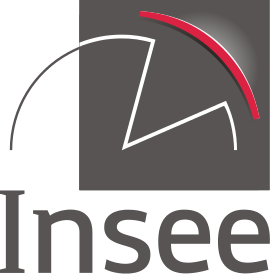Définition
Convergence criteria (or "Maastricht criteria") are criteria, based on economic indicators, that European Union (EU) member states must fulfil to enter the euro zone and that they must continue to respect once entered. They impose control over inflation, public debt and public deficit, exchange rate stability and the convergence of interest rates.
These criteria were established during the Maastricht treaty, and were signed by the members of the European Union on 7 February 1992, in the frame of the establishment of European Economic and Monetary Union. Compliance with these criteria is deemed necessary for the success of the Stability and Growth Pact in order to avoid the “free rider” phenomena that monetary zones promote.
Convergence criteria defined in article 121 of the treaty establishing the European Community, stipulates an area not to be exceeded:
1. Price stability: the inflation rate of a given Member state must not exceed by more than 1.5 point that of the three best performing Member states in terms of price stability
2. Government finance:
- a. The annual government deficit must not exceed 3% of GDP [N-1].
- b. Government debt must not exceed 60% of GDP [N-1].
3. Exchange rate: Applicant countries must not devaluate their currency; this was made obsolete with the switch to the euro for countries in the euro zone. Moreover, the Member state must have participated in the exchange-rate mechanism under the European Monetary System (EMS) for two consecutive years before the examination, without severe tensions.
4. Long-term interest rates: they must not be more than 2% higher than those of the three best performing Member states in terms of price stability.
The evaluation of non-compliance with these criteria was made more flexible in March 2005, under the impetus of Germany and France, in order to take the economic situation and structural reforms into account. "Exceptional and temporary" excesses are now authorised.



